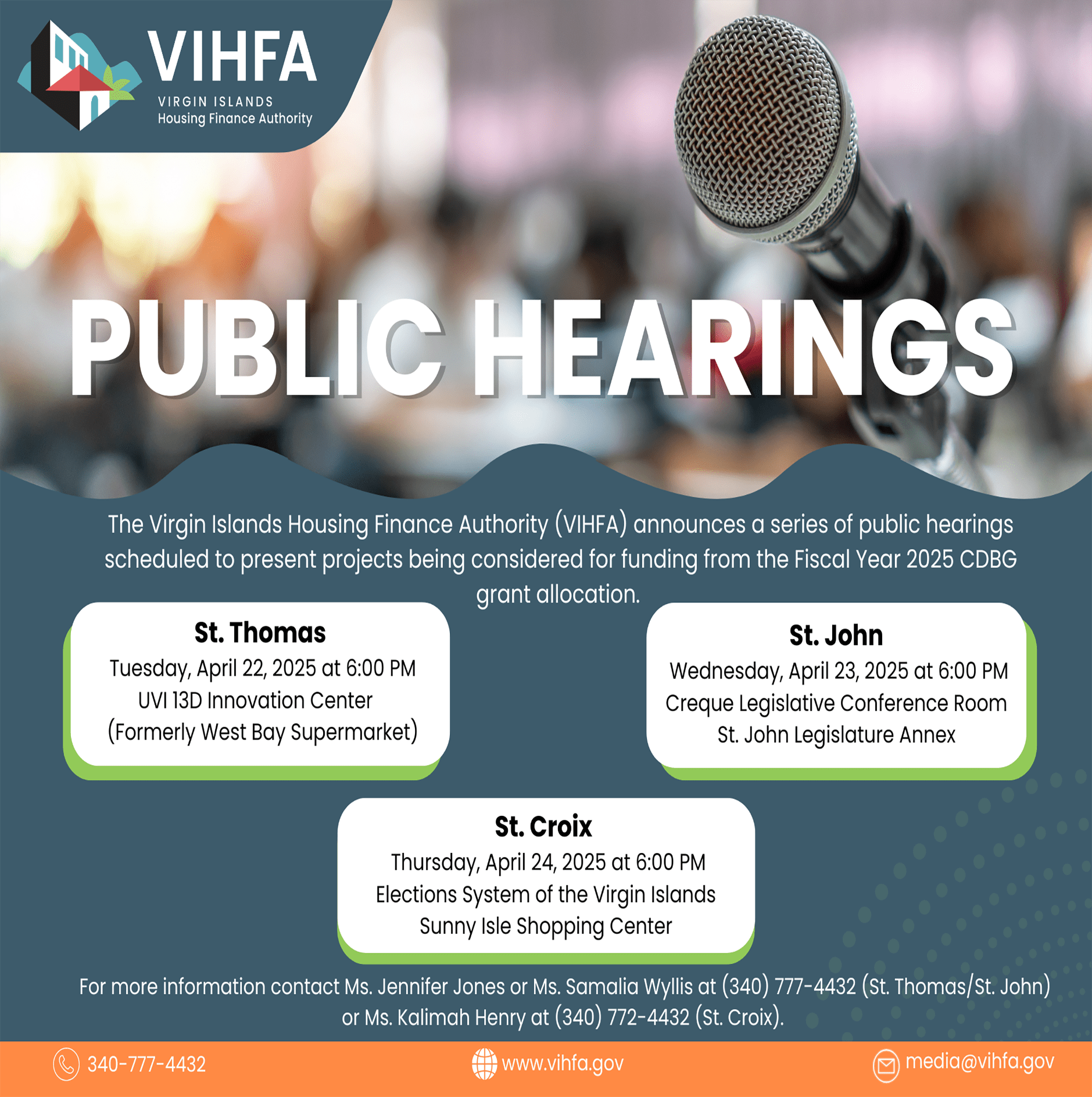Supervisor of Elections Caroline Fawkes has officially filed suit against the V.I. Board of Elections, challenging its decision to reinstate disqualified candidate Ida Smith on the ballot for delegate to the U.S. House of Representatives. The legal action not only questions the board’s authority but also highlights a longstanding issue in the territory: the lack of clarity around residency terms like “inhabitant” and “resident.”
This ambiguity, some argue, could be resolved with the adoption of a territorial constitution, which has been debated for years.
Fawkes’ lawsuit, filed on Oct. 17 in the Superior Court of the Virgin Islands, seeks a temporary restraining order and an injunction to block Smith’s inclusion on the ballot. According to Fawkes, Smith was disqualified in June for failing to meet residency requirements, specifically for not submitting a tax return transcript by the June 10 deadline. Fawkes cited 18 V.I.C. §411, which grants the supervisor of Elections sole authority to determine a candidate’s qualifications. She argued that Smith’s failure to provide the necessary documentation was sufficient to remove her from the race.
Despite this, the Board of Elections, led by members Raymond J. Williams and Epiphane Joseph, voted on Sept. 4 to reinstate Smith, reversing Fawkes’ decision. In her lawsuit, Fawkes contends that this move was beyond the board’s legal authority, as determining whether a candidate meets the legal requirements falls solely under the supervisor of Elections’ jurisdiction. Fawkes is asking the court to declare the board’s actions illegal and reaffirm the power of her office in deciding candidate eligibility.
The legal dispute centers on residency requirements, an issue that has come up repeatedly in the Virgin Islands’ election system. Smith’s disqualification was based on her inability to prove that she met the residency standards required to run for delegate. However, broader questions about what it means to be a “resident” or “inhabitant” could still be seen as unclear, and without solid discussion and definitions, confusion and disputes – particularly in elections – could continue.
Framing the issue in a bigger context, Malik Sekou, director of the University of the Virgin Islands’ Office on Self Determination and Constitutional Development, said that the lack of an official constitution exacerbates this ambiguity. He noted that a constitution would provide a clear framework for interpreting key legal terms like “native,” “ancestral native,” “resident,” and “inhabitant,” which have been used interchangeably in the past, often without clear legal distinction.
“An official constitution would clarify what these terms mean in the context of the Virgin Islands,” Sekou said on Friday. “But it also needs to have the support of the public. We can’t just impose definitions, especially when they’re tied to special privileges, which has been a major issue in past constitutional conventions.”
The Virgin Islands has held five constitutional conventions to date, none of which have produced an approved document. On this year’s ballot, voters will elect delegates for a sixth constitutional convention, which will aim to draft a document that could finally address these lingering questions. The convention could also seek to resolve issues surrounding residency requirements and other legal gray areas that have plagued the territory for years.
Sekou acknowledged that defining these terms is a sensitive issue, particularly because of their historical ties to special rights and privileges. Still, he emphasized that clear definitions are essential to prevent future disputes, like the one currently unfolding between Fawkes and the Board of Elections.
“It’s important for these terms to be defined in a way that everyone understands so we can avoid the back-and-forth we’re seeing now,” Sekou added. “But there has to be a clear consensus.”
Smith’s case is just the latest in a series of challenges highlighting the need for clarity in election law, which Fawkes maintains that she followed when disqualifying Smith and that, instead, the board’s intervention is both improper and unlawful.














